|
Across the world, major public health interventions have focused on women and children. This makes sense given that women, in particular, carry a disproportionate health burden. But there have been some unintended consequences. Kathryn Dovel, Morna Cornell, Sara Yeatman and Stephanie Chamberlin explain why the over-emphasis on women’s health may put both women and men at a disadvantage.
There are only an estimated 400 000 elephants left in the wild across the African continent. Technologies, such as drones, have introduced ways of capturing more accurate wildlife data, an important first step to protecting the giant animals. But, as Ross Harvey argues, technology alone won’t keep them safe.
In Africa, there are massive amounts of food being wasted post-harvest. This is a major problem in a world where food security is an issue. Today’s edition of Pasha looks at post-harvest losses where Jane Ambuko discusses reasons for food wastage but also, solutions.
|
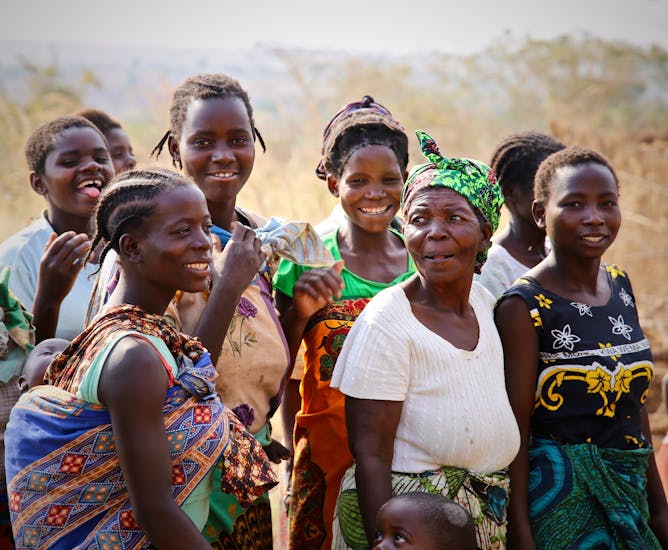
Women in Malawi visit clinics many more times in their lives than men.
Shutterstock
Kathryn Dovel, University of California, Los Angeles; Dr Morna Cornell, University of Cape Town; Sara Yeatman, University of Colorado Denver; Stephanie Chamberlin, University of Colorado Denver
Female-centred health services are good, but they may detract from gender equality and men’s health.
|
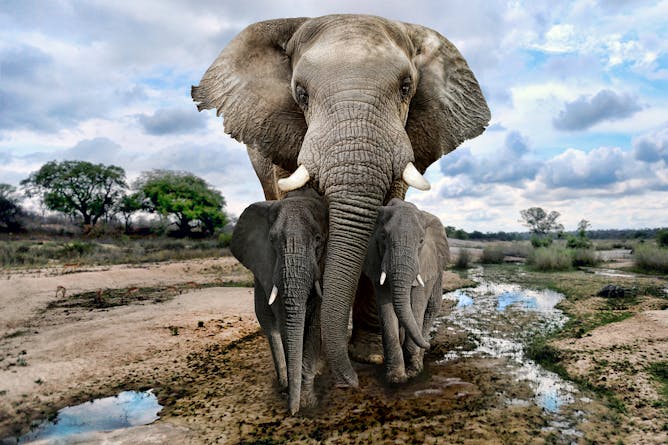
According to the latest data, there are probably fewer than 400,000 savannah elephants left in the wild across Africa.
Shutterstock
Ross Harvey, South African Institute of International Affairs
Drone technology plays a vital role in gathering accurate wildlife data. But this alone isn't enough to save Africa's elephants.
|
Science + Technology
|
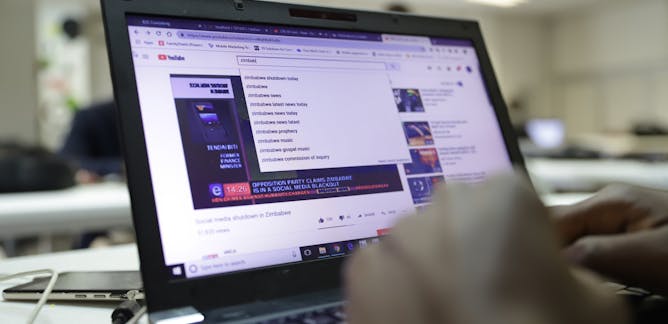
George Ogola, University of Central Lancashire
Shutting down or controlling access to the internet has become a go-to strategy among some African states who want to control the political narrative.
| |

Stig Jarle Hansen, Norwegian University of Life Sciences
Drones are a tool to manage the threat of al-Shabaab, but there's no way they'll defeat the group entirely.
|
|
|
Politics + Society
|
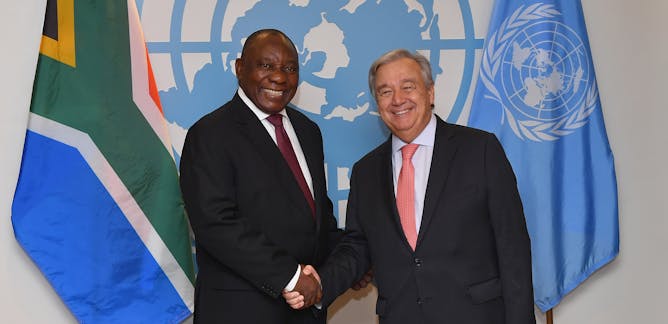
James Hamill, University of Leicester
President Cyril Ramaphosa has committed South Africa to prioritising human rights and democracy. But, there's little evidence of this.
| |

Delano Cole van der Linde, North-West University
The law aimed at fighting gangs lacks the power to disrupt their activities.
|
|
|
Podcasts
|
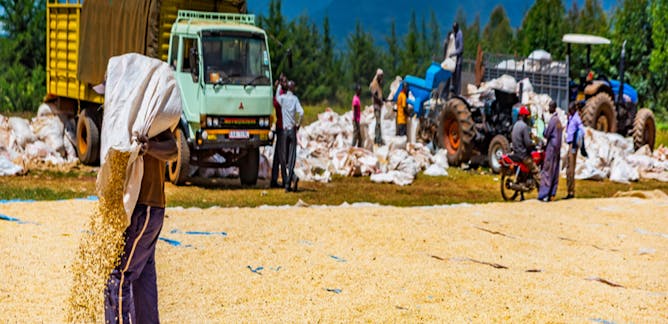
Ozayr Patel, The Conversation
Once crops have been harvested, farmers experience wastage and loss of food all over Africa.
| |
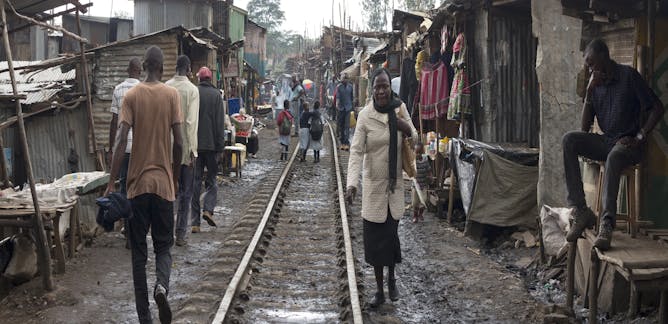
Ozayr Patel, The Conversation
Millions of people in Kenya still face poverty. But there's hope.
|
|
|
From our international editions
|

Doug Specht, University of Westminster
Nayib Bukele is an ambitious 37-year-old, who claims to transcend partisan politics, and who prefers Facebook Live to press conferences.
| |
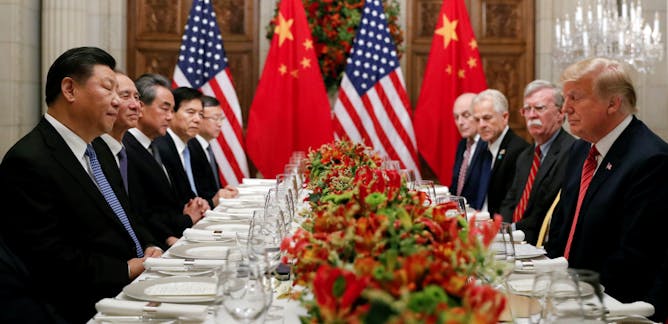
Amitrajeet A. Batabyal, Rochester Institute of Technology
China has reneged on past promises it has made to the US. With the deadline for a deal fast approaching, the solution may lie in learning from a global organization the president hates: the WTO.
|
|
|